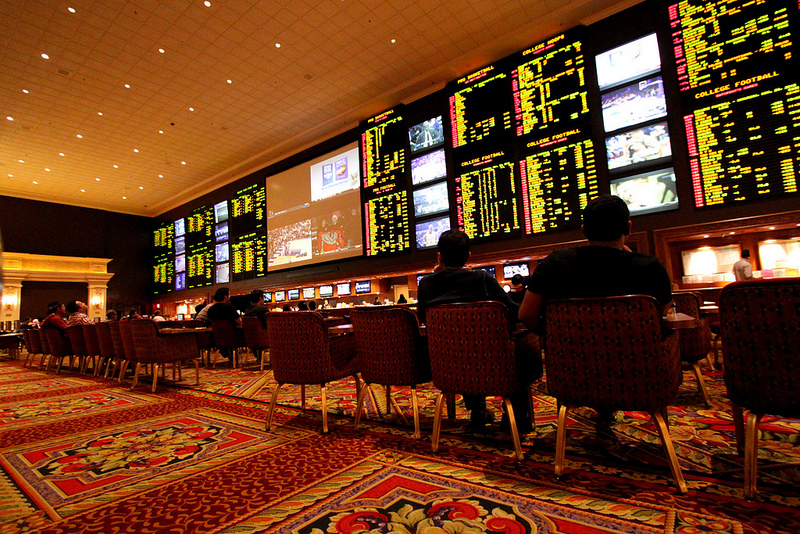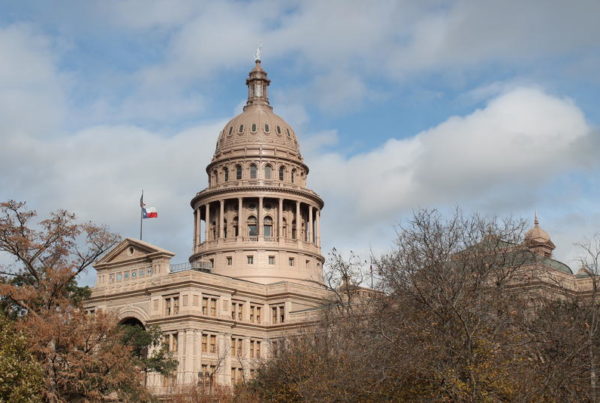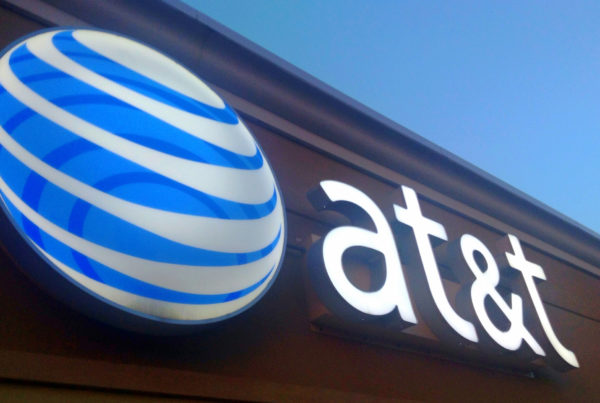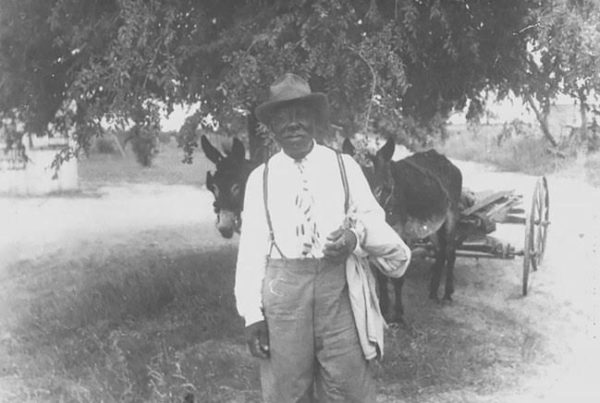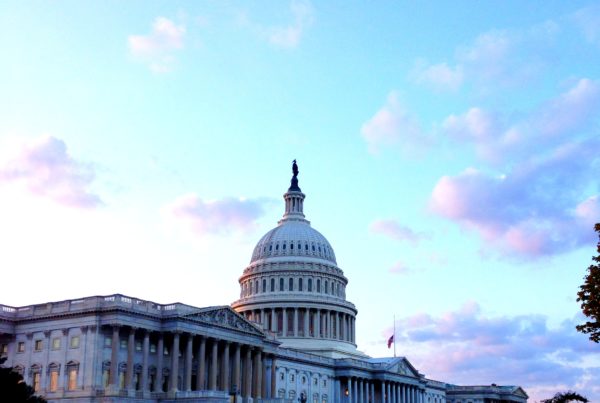In most parts of the United States, it’s illegal to gamble on sports. Casinos and sportsbooks in Nevada – where it’s legal – took in over $4.5 billion in wagers in 2016 alone.
Now it seems that the NBA wants a piece of the action. The League is asking Congress to legalize sports betting nationwide. According to the NBA proposal, people would be able to place bets on their smartphones or at in-stadium kiosks, and the League would take one percent of every transaction.
Brad Humphreys, an economics professor at West Virginia University and an expert on sports betting, says that the NBA seems to have realized that regulated betting markets would generate big profits for the sports leagues.
The sport leagues in the U.S. have shown no interest in legalizing sports betting because they are concerned that it could generate match fixing and other corruption scandals.
Humphreys says legal sports gambling in Europe has had the opposite effect, though.
“[In Europe] they have come to realize that having legalized and regulated betting markets makes it easier to detect match fixing,” he says. “Bookmakers can easily find unusually large bet volumes on games and realized that those are likely to be fixed.”
“Without knowing how many people are making bets with illegal bookies, we can’t get a handle on the size of the revenues that a league could generate,” Humphreys says. “But based on the existing betting patterns in Nevada, where sports betting is legal, we can certainly know that it would be the NFL that would stand to profit a lot more than the NBA, because just the amount of betting that goes on in NFL dwarfs basketball or baseball or hockey.”
So why is the NBA pushing for legalization, not the NFL?
“Every other league still has held the hard line that they have no interest in any expansion of legalized sports betting in the country,” he says. “That’s sort of interesting, too, because why is it that the NBA seems to have seen the light on this and these other leagues haven’t? I don’t know. Especially the NFL. They’re the ones that would really make the big money if this would happen.”
Humphreys says a New Jersey case that’s currently before the U.S. Supreme Court could give states the chance to decide for themselves whether or not to allow legal sports gambling.
“Texas would be able to decide what they wanted to do,” he says, “and if they didn’t want to offer legal sports betting, then they wouldn’t have to do that, because it would be the state’s decision.”
Written by Cesar Edmund Lopez-Linares.


